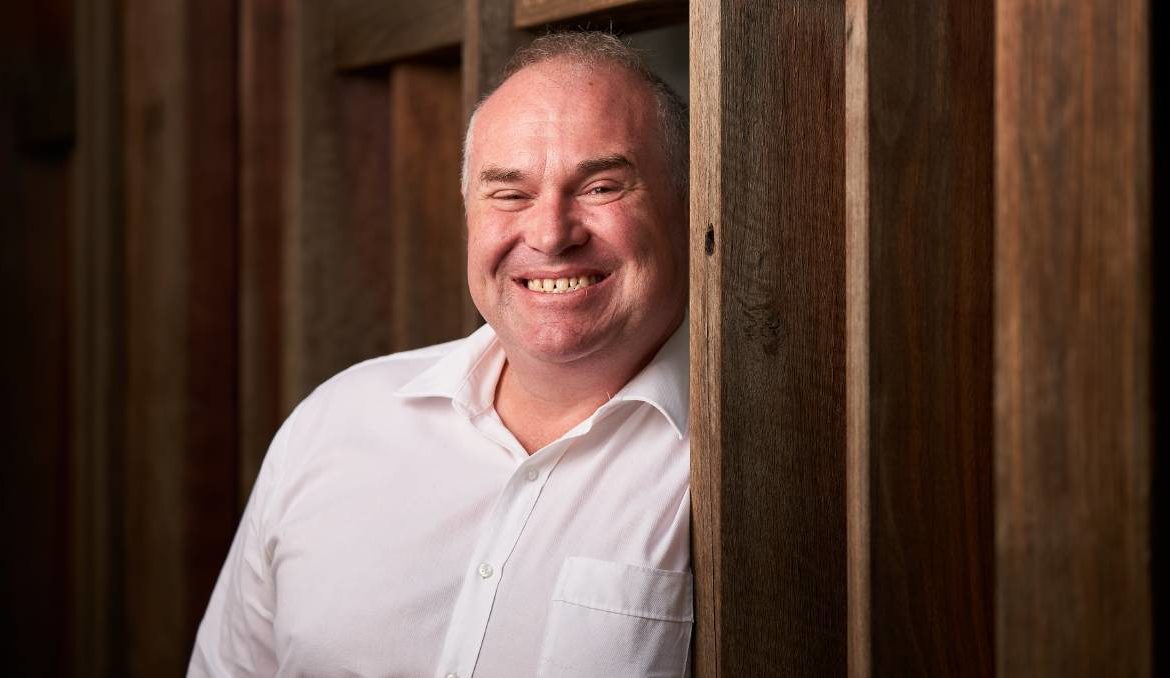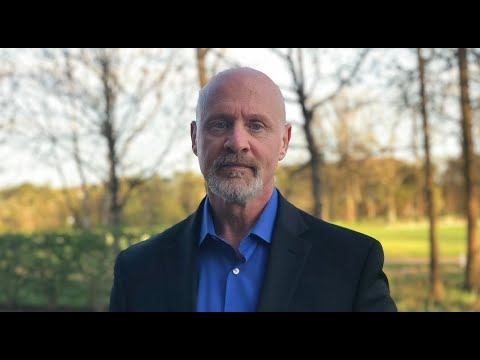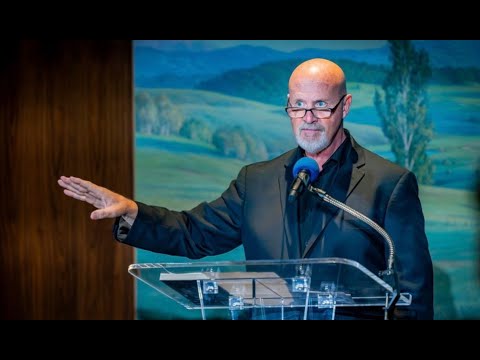news, act-politics,
Andrew Braddock says he hadn’t known tragedy or difficulty in life until the spring of 2013. Then his first child, Connor Jack Braddock, was stillborn. In his first speech to the ACT Legislative Assembly in December, the newly elected Greens parliamentarian said the tragedy taught him a simple and profound lesson: Bad things can happen to good people. It also opened his eyes – and his heart – to the hidden heartache carried by many in the community. Braddock and his wife made a conscious decision to speak openly about their experience. Part of it was to acknowledge Connor’s existence. It was also to empathise with others. “There is a lot of people out there who are carrying tragedies in their heart and I think we need to recognise that a bit more,” he told The Canberra Times. “A lot of people are doing the best they can in the circumstances in which they found themselves. “They are just trying to live a life, raise their kids the best they can in what might be some quite horrific circumstances … and they are doing a bloody good job of it. “It’s just about recognising that it’s not all beer and skittles for everyone.” The Canberra Times spoke to Braddock for a series profiling the ACT Legislative Assembly’s eight new members, ahead of parliament’s return next month. One of five new Greens elected at the October 17 poll, the Yerrabi MLA has vowed to “do politics differently”, promising to spend as little time as possible in his Assembly office and as much as possible in his Gungahlin-based electorate. Braddock made personal touches a defining feature of his election campaign, sending about 11,000 handwritten letters to constituents and handing out bunches of flowers to voters on Hibberson Street. “The idea wasn’t just to shove pieces of paper into people’s hands,” he said. “It was just part of being with the community and engaging with them.” Born in Brisbane, the self-described introvert said much of his childhood was spent playing alone near the creek which ran down the back of his family’s acreage. The son of a social worker and a maths professor, he graduated with a bachelor of environmental engineering before moving to Canberra to join the Australian Public Service. Braddock said he experienced a “political awakening” in 2015, as debate over Canberra’s largest and most contentious infrastructure project spun into overdrive. “I started thinking about what I was handing off to my kids when they were growing up – and that is what drove me” he said. “At the time a lot of the debate was around light rail, but also about transport emissions. It was that debate in the local setting that my drew my attention. I realised that in terms of the things that I wanted to change I couldn’t do that in the ACT public service.” Mr Braddock, who worked in the Department of Defence, saw the Greens as his political home because he believed that, unlike the major parties, they had conviction. “There were too many compromises involved in being a member of those parties, whereas I wanted to be in a party that did have the moral courage to sort of say ‘this is what is right, we are going to pursue it even if it means we don’t get the electoral success of power.” Braddock ran third behind Labor’s Andrew Leigh and Liberal Leanne Castley in Fenner at the 2019 federal election, before riding a 3.1 per cent swing to the Greens to win at seat in October’s ACT vote. “When the results came in on election night, I went into a bit of shock,” he said. “As much as I love [ABC election analyst] Antony Green, I thought he could have made a mistake and could have taken it back from me at any moment. It took about two days to actually sink in.” Braddock has listed climate action and multicultural affairs as his political priorities in the next four years, the latter a pressing local issue given the diversity of Canberra’s northern suburbs. When the new Greens members were asked if they were interested in the cabinet positions on offer, Braddock quickly ruled himself out – for two reasons. READ MORE: First, he wanted time to settle in to his new job. Secondly, he wasn’t sure if he could make the commitment. As a part-time carer for his wife, who has physical and mental disabilities, Braddock knows there will be times when he has to drop everything. But while the challenge of “trying to be 10 different things to 10 people” comes with stress and, at times, frustrations, it has one very valuable upside. “It does allow me to have more empathy,” he said.
/images/transform/v1/crop/frm/znhWFHRUTrpRC32tGqnZkk/62e0bad0-173e-4c6d-b1e4-84a8b5bec61d.jpg/r0_152_3000_1847_w1200_h678_fmax.jpg
Andrew Braddock says he hadn’t known tragedy or difficulty in life until the spring of 2013.
Then his first child, Connor Jack Braddock, was stillborn.
It also opened his eyes – and his heart – to the hidden heartache carried by many in the community.
Braddock and his wife made a conscious decision to speak openly about their experience.
Part of it was to acknowledge Connor’s existence. It was also to empathise with others.
“There is a lot of people out there who are carrying tragedies in their heart and I think we need to recognise that a bit more,” he told The Canberra Times.
“A lot of people are doing the best they can in the circumstances in which they found themselves.
“They are just trying to live a life, raise their kids the best they can in what might be some quite horrific circumstances … and they are doing a bloody good job of it.
“It’s just about recognising that it’s not all beer and skittles for everyone.”
Andrew Braddock handing out flowers on the campaign trail. Picture: Supplied
The Canberra Times spoke to Braddock for a series profiling the ACT Legislative Assembly’s eight new members, ahead of parliament’s return next month.
Braddock made personal touches a defining feature of his election campaign, sending about 11,000 handwritten letters to constituents and handing out bunches of flowers to voters on Hibberson Street.
“The idea wasn’t just to shove pieces of paper into people’s hands,” he said. “It was just part of being with the community and engaging with them.”
Born in Brisbane, the self-described introvert said much of his childhood was spent playing alone near the creek which ran down the back of his family’s acreage.
One of the 11,000 handwritten letters Braddock sent to voters during the ACT election campaign. Picture: Supplied
The son of a social worker and a maths professor, he graduated with a bachelor of environmental engineering before moving to Canberra to join the Australian Public Service.
Braddock said he experienced a “political awakening” in 2015, as debate over Canberra’s largest and most contentious infrastructure project spun into overdrive.
“I started thinking about what I was handing off to my kids when they were growing up – and that is what drove me” he said.
“At the time a lot of the debate was around light rail, but also about transport emissions. It was that debate in the local setting that my drew my attention. I realised that in terms of the things that I wanted to change I couldn’t do that in the ACT public service.”
Mr Braddock, who worked in the Department of Defence, saw the Greens as his political home because he believed that, unlike the major parties, they had conviction.
“There were too many compromises involved in being a member of those parties, whereas I wanted to be in a party that did have the moral courage to sort of say ‘this is what is right, we are going to pursue it even if it means we don’t get the electoral success of power.”
ACT Greens Emma Davidson, Andrew Braddock, Jo Clay, Rebecca Vassarotti, Shane Rattenbury, and Johnathan Davis all won seats at October’s ACT election. Picture: Sitthixay Ditthavong
Braddock ran third behind Labor’s Andrew Leigh and Liberal Leanne Castley in Fenner at the 2019 federal election, before riding a 3.1 per cent swing to the Greens to win at seat in October’s ACT vote.
“When the results came in on election night, I went into a bit of shock,” he said.
“As much as I love [ABC election analyst] Antony Green, I thought he could have made a mistake and could have taken it back from me at any moment. It took about two days to actually sink in.”
Braddock has listed climate action and multicultural affairs as his political priorities in the next four years, the latter a pressing local issue given the diversity of Canberra’s northern suburbs.
When the new Greens members were asked if they were interested in the cabinet positions on offer, Braddock quickly ruled himself out – for two reasons.
First, he wanted time to settle in to his new job. Secondly, he wasn’t sure if he could make the commitment.
As a part-time carer for his wife, who has physical and mental disabilities, Braddock knows there will be times when he has to drop everything.
But while the challenge of “trying to be 10 different things to 10 people” comes with stress and, at times, frustrations, it has one very valuable upside.
“It does allow me to have more empathy,” he said.







